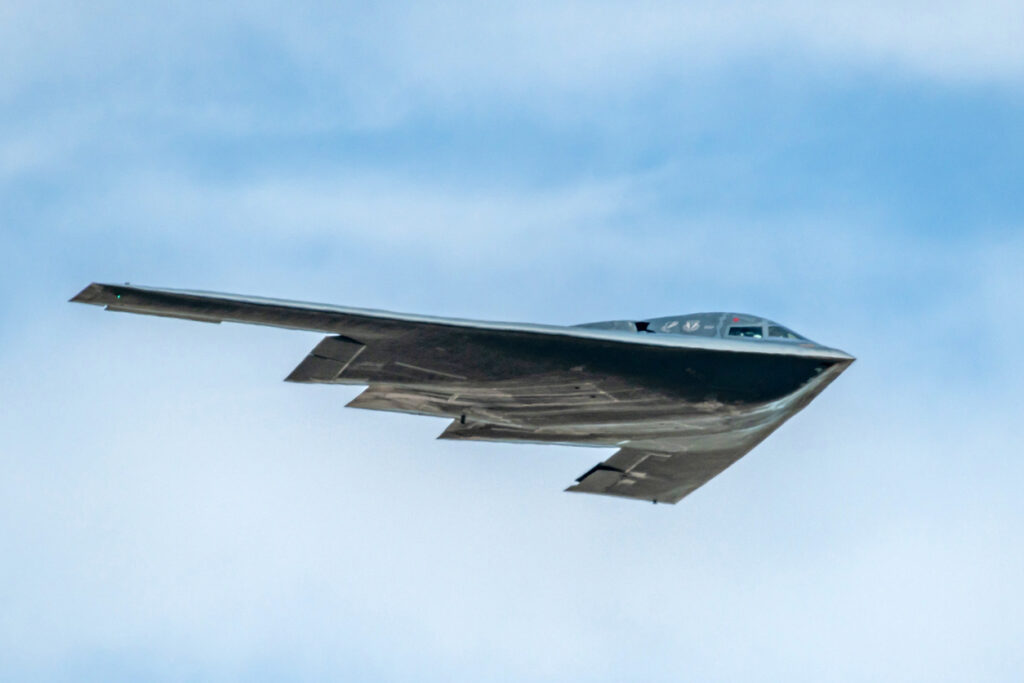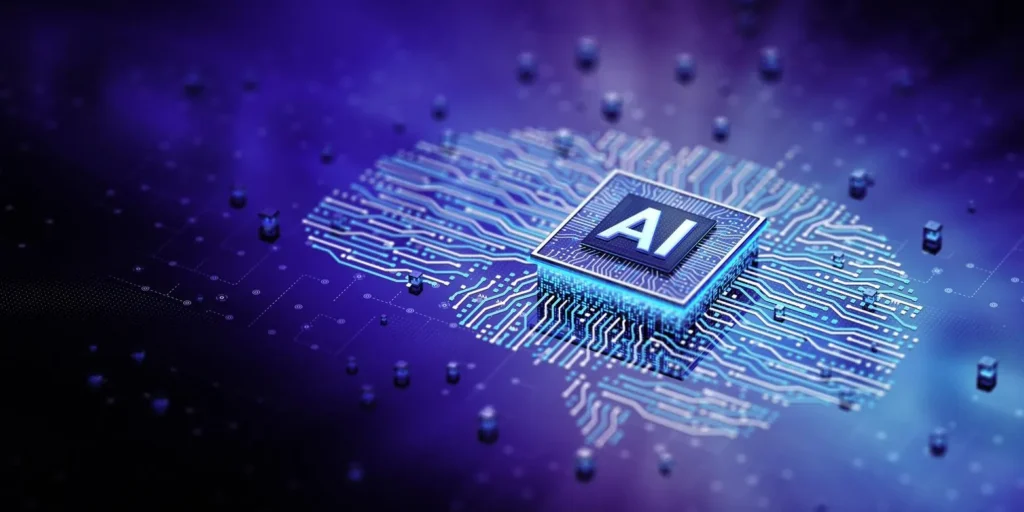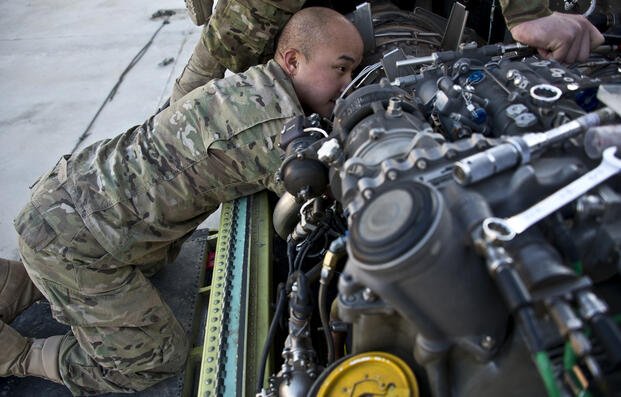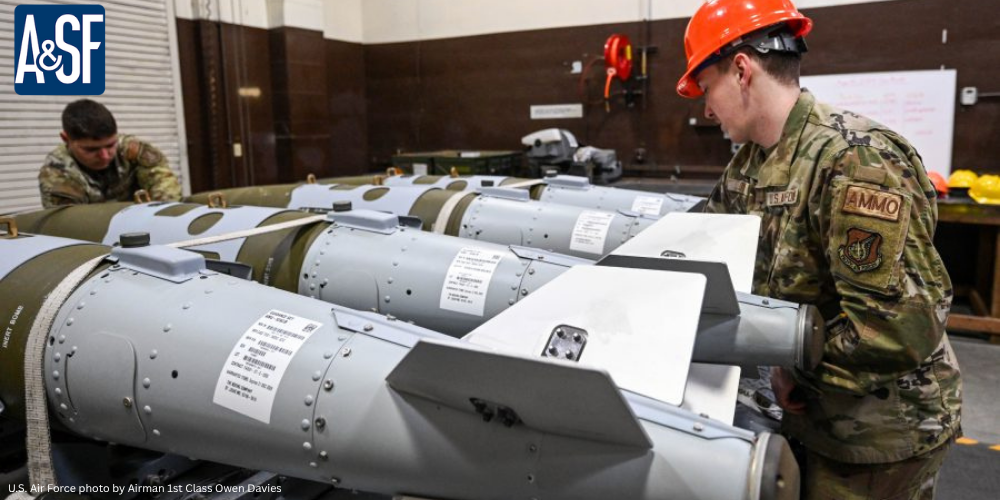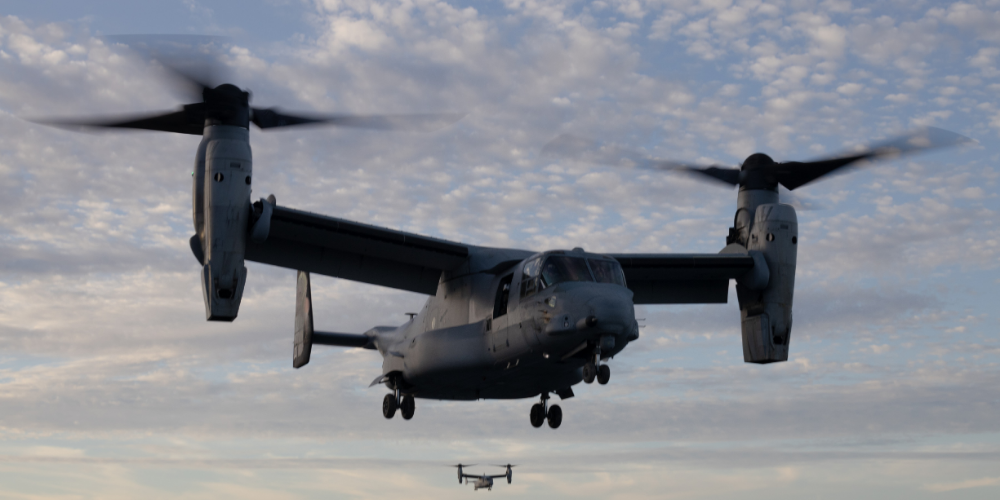How does the military maintain strategic advantage in an ever-changing landscape of threats and opportunities? Achieving mission readiness and maximizing critical resources requires sophisticated and trustworthy AI to help leaders and maintainers reach their objectives.
Imagine a military operation where plans are founded on both past experiences and the most current data and forecasts. This is what Mission AI aims to accomplish. Instead of relying only on intuition or old data, AI adds a new level of precision to military strategies.
Unlike conventional methods that rely on siloed data, this technology uses real-time information to:
- Craft strategies
- Execute missions
- Adapt to emerging challenges
So, what does this mean for the future of defense? As we look into Mission AI, you’ll see how this technology is reshaping defense strategies and operational tactics.
The Evolution of AI in Military Applications
Artificial Intelligence (AI) has been an area of interest for scientists and strategists alike, but it is only recently that teams have started finding practical applications in defense.
Mission AI is dedicated to enhancing mission-critical tasks within the military environment. This technology integrates complex algorithms and advanced data analysis to support various military functions.
AI in military applications runs much deeper than simple automation. It involves the integration of AI-driven systems that allow for the analysis of massive datasets and capture insights that improve decision-making.
With the evolution of AI in mind, let’s look into the specific ways Mission AI is transforming military operations and enhancing defense strategies.
How AI is Enhancing Defense Strategies
AI technology is at the cutting edge of defense innovation. Here’s how it is transforming military operations:
1. AI Mission Planning
Traditional mission planning methods often rely on manual processes and historical data. It’s a time consuming process that isn’t as strategic as it could be with more data behind decisions. Mission AI is shifting this with simulations and predictive analytics to optimize mission strategies. This accelerates the planning cycles and delivers more accurate operational outcomes.
2. Autonomous Mission Systems
The development of autonomous systems is one of the most exciting advancements in military technology. These systems, such as autonomous drones and logistic robots, leverage AI to function with minimal human oversight.
3. AI for Strategic Planning and Decision-Making
Strategic planning in defense requires agility and precision. AI does this by analyzing large amounts of data to give comprehensive insights, so leaders can adjust the strategy as conditions change. This capability is crucial for staying ahead in complex operational environments.
As Mission AI continues to enhance defense strategies, its integration into military operations has far-reaching implications.
The Impact of AI on Military Operations
The integration of AI into military operations is producing profound effects:
- Enhanced Situational Awareness: AI systems process data from multiple sources to build a picture of the battlefield. This provides an improved situational awareness that enables better decision-making and quick response to emerging threats.
- Increased Operational Efficiency: AI-driven systems reduce logistics and operational tasks. This provides efficiency in executing missions and effectiveness in resource use.
- Improved Precision and Accuracy: AI’s power to analyze data with a high degree of precision translates to more accurate targeting, navigation, and strategic decisions.
While the benefits of Mission AI in military operations are clear, it’s crucial to address the challenges and considerations that come with integrating such advanced technology into defense systems.
Challenges and Considerations of AI in National Defense
While Mission AI offers numerous benefits, it also presents several challenges that need to be addressed:
1. Security Risks
AI is enhancing military operations and improving the security of the systems involved. But cyberattacks on AI systems can result in sensitive information being compromised and operational integrity being jeopardized. Ensuring robust security measures and protocols is crucial in safeguarding data.
2. Data Privacy Concerns
AI requires the gathering and processing of vast amounts of data, which gives rise to concerns relating to privacy. Protection of the privacy of persons and dealing with data in a responsible manner are essential. Such risks can be controlled by implementing policies on the management of data and ensuring compliance with privacy provisions.
3. Ethical Implications
AI use in defense raises a lot of ethical questions. The most prominent ones are those concerning autonomous systems and decisions. Best practices for responsible use need to be threshed out while retaining human oversight and accountability for major decisions.
4. Integration and Training
As AI integrates into existing defense systems, a very large investment in technology and training will be necessary. The military personnel needs to be trained to use the AI system to work out new operational paradigms efficiently. This investment is essential to experience the full potential of AI technologies.
As we consider the challenges, it’s also essential to look forward to the future of AI in defense.
The Future of AI in Defense
The role of Mission AI in defense is only going to grow in the future. With technology continuing to develop in a nearly exponential way, so will the integral place of AI in military operations, offering endless new ways for innovation and improvement.
Emerging trends in machine learning, data analytics, and autonomous systems further drive improvement in the capabilities of Mission AI.
Embracing Mission AI for Future Defense Success
AI is revolutionizing the defense sector by enhancing operational efficiency and strategic planning. As we continue to develop and integrate these advanced technologies, the potential for improving military operations is immense.
